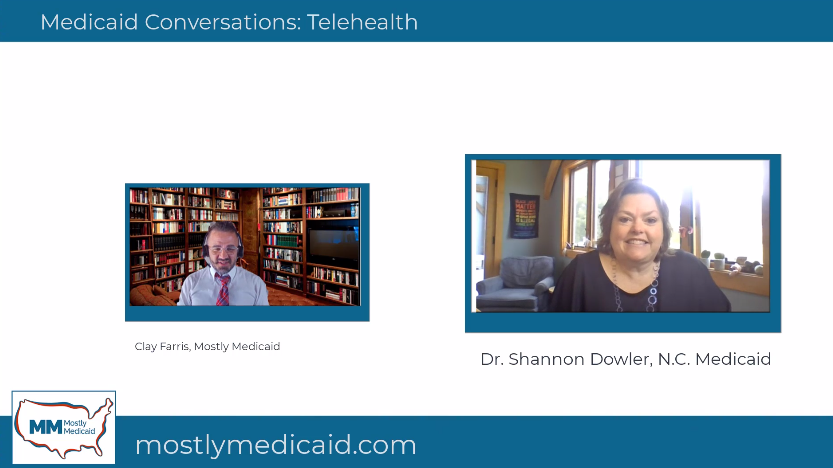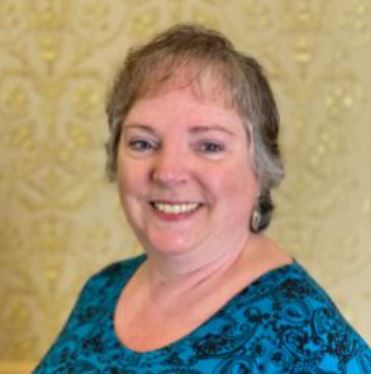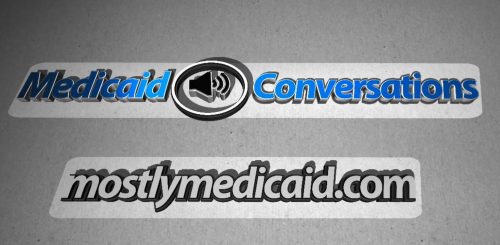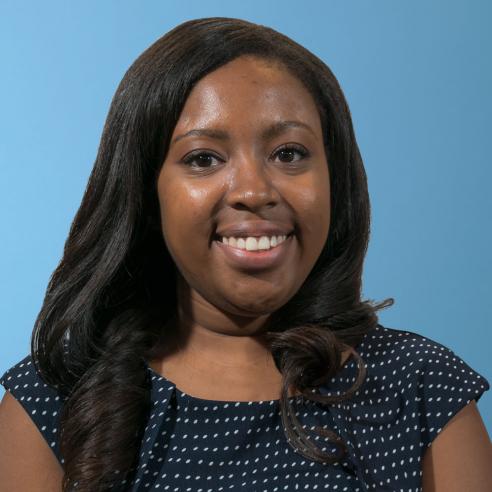
Guest bio
Dr. Shannon Dowler is a family doctor born, raised and trained in North Carolina. She has spent the past twenty years pursuing health access, equity and quality in Western North Carolina. In 2019 she became theChief Medical Officer for North Carolina Medicaid.
You can also learn more about Dr. Dowler’s work by visiting shannondowlermd.com
Highlights from this episode
- The amazing NC telehealth pandemic roll-out story, including rolling out a 3-year plan in 7 weeks to deploy 367 program flexibilities
- Take-aways from communicating rapid changes to providers using data
- Changes in barriers to telehealth over the last 2 years
- Impact of implementing managed-care simultaneous to the telehealth rollout
- Hybrid home health visits
- Challenges and opportunities using telehealth to move the dial on quality measure
- The danger of over-estimating the cost impact of expanded telehealth visits
- Advice to solution providers innovating in the Medicaid telehealth space



